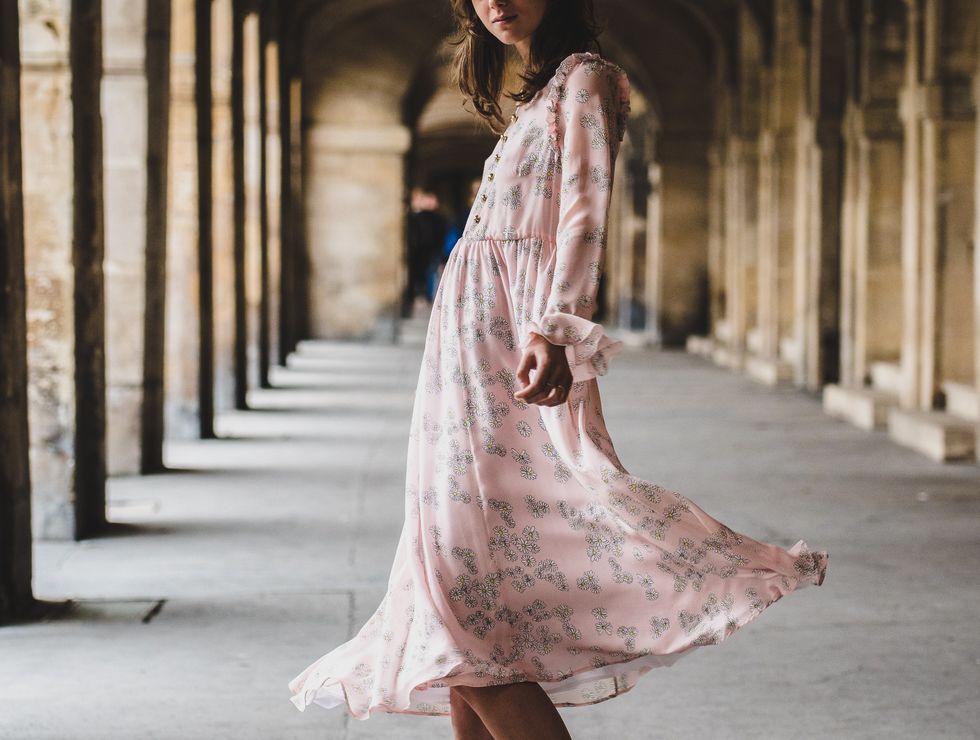Over time, the terms “beauty” and “beautiful” have collected numerous connotations. In the 19th century, women were considered beautiful if they had round potbellies and cherub cheeks. The 1920’s witnessed an influx of the preferred “boyish” figure of narrow hips. Beauty standards vary greatly between cultures as well. Many of us have seen the neck rings adorned by women in Africa and are familiar with the practice of foot binding in parts of Asia. We are all even more familiar with the modern American beauty standards set by the Kardashians and Beyoncés of the world. We’ve all seen the “insta-baddie” aesthetic sought after by many young women.
This isn’t an attack on conventionally attractive women or even the media’s emphasis on their unattainable qualities. Rather, this is a criticism of the way that modern society defines beauty; more specifically, the use of the term “inner beauty”.
It’s common to say things like “she has so much inner beauty” or “he has an ugly personality”. By using terms formerly reserved for appearances on personality traits and characteristics, greater value is placed on appearance. Instead of saying that someone is crude, manipulative or selfish, they are described as being an “ugly person”. This makes being outwardly observed as unattractive extremely undesirable, as the description carries more weight than it originally did.
The exact same observation can be made about being considered “beautiful.” If we find someone to be graceful, kind or friendly, we should use those words to describe them as so. By saying that they possess an “inner beauty” it places a greater emphasis and desire to be seen as physically beautiful.
Of course, there is an inherent, human desire to be considered attractive; I’m not denying that. I do think that we shouldn’t be saying things like “all women are beautiful” or that “everyone is beautiful in their own way." It simply isn’t true. Instead, these sayings should be expressed as “all women have value” and “everyone holds significance in their own way.” Because really, that’s what the previous statements are attempting to convey.
There is nothing wrong with being physically beautiful, but then again, there is nothing wrong with not being physically beautiful. Being considered aesthetically pleasing just shouldn’t be a requirement for women, and it shouldn’t be placed so high on a list of desirable traits. Some women may be beautiful, some women may be strong, or feisty, or intelligent. Most women are a combination of two, three or all of those descriptions. More importantly, women are whatever they want to be, and for some, that doesn’t include “beautiful.”






















